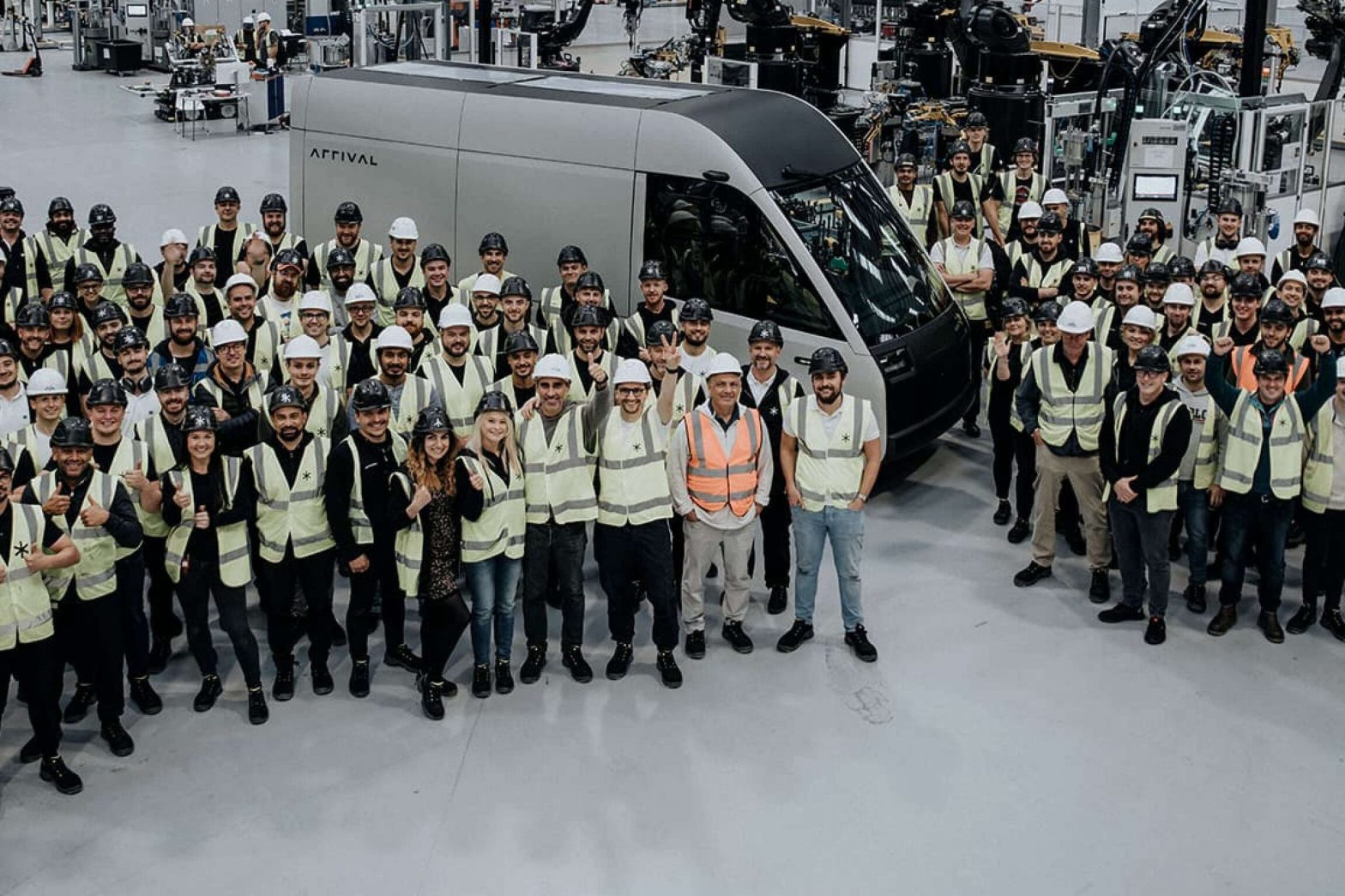/
The UK-based company named a new CEO while announcing a major bid to reduce costs and rightsize its business, as its struggles with dwindling cash continue to threaten its existence.
:format(webp)/cdn.vox-cdn.com/uploads/chorus_asset/file/24395784/2db0250c_f51b_42a3_8d8a_f07c426d1f44_3840_1536_desktop_1_6c0a6be5_1068_40f2_a575_6c2cef9b5f96_504058b2_d46b_4c42_9eb2_c12da6393adc_test.jpeg)
Arrival, an electric vehicle startup based in the UK, said it was laying off 50 percent of its employees in a bid to reduce costs. The company also named a new CEO, Igor Torgov, who previously served as executive vice president of digital at the company.
Arrival, which announced last year that it was winding down its UK operations in favor of refocusing its business in the US, became a publicly traded company in March 2021 after merging with a special purpose acquisition company, or SPAC. Founded in 2015, Arrival was developing electric delivery vans for UPS as a customer, as well as ridehailing cars for Uber and public buses. It also has backing from Hyundai and Kia.
The layoffs were the latest piece of bad news to hit the EV startup industry, in which many fledgling companies have been struggling to match Tesla’s success in bringing new vehicles to market. In addition to Arrival, other companies that have reduced headcount in recent months include Rivian, Nikola, and Faraday Future. And the layoffs come amid broader economic concerns that have been reverberating throughout the tech sector.
Arrival’s layoffs will bring the company down to a workforce of 800 employees. The company claims that it expects to halve its ongoing cost of operating the business to approximately $30 million per quarter when accounting for reductions in real estate and other third-party costs. Arrival says it currently has $205 million in cash on hand.
“The actions support our journey to become a champion in innovative products and new, more efficient methods of vehicle production, particularly in the important US market for commercial electric vehicles,” Torgov, the new CEO, said in a statement. “We are keenly aware that these decisions, while necessary, will have a profound impact on a significant number of our colleagues. We are 100% committed to supporting our employees during this difficult process.”
The company has been struggling to make do with its limited resources for months, even as it seeks to kick off serial production of its main product, an electric van. Arrival has said it aims to open several microfactories in the US in order to comply with the recently updated EV tax credits that require vehicles to be produced in North America — though it’s not clear how it can achieve that with dwindling cash on hand. The previous CEO estimated the cost of a plant at $50 million, with an additional $50 million for working capital.
Arrival’s stock continues to trade for under $1, prompting Nasdaq to threaten to de-list the company if it doesn’t improve its value.
